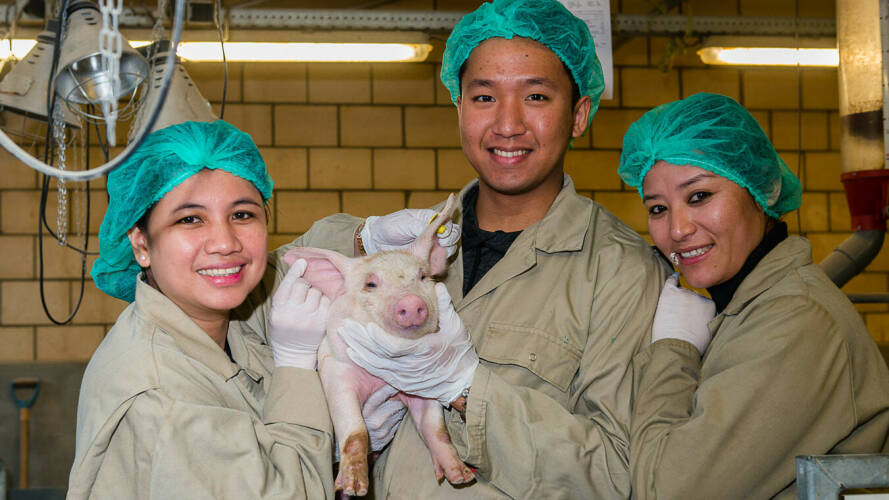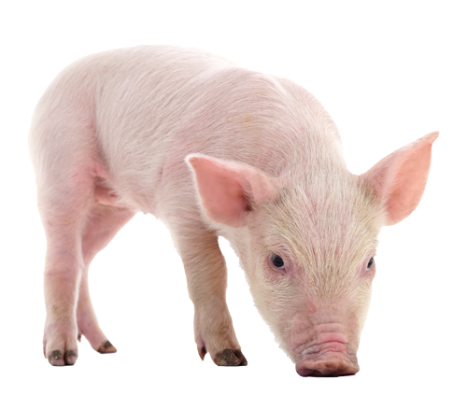






Aeres Training Centre International is located in Barneveld.
From all over the world students find their way to Aeres.
Let’s list some facts about this unique institute.


The very first
The first international student that participated in an ATCI course, did so in 1970.


International
ATCI has nearly 4000 alumni. These students come from all over the world to follow courses or programmes at ATCI. Our alumni are from no less than 134 countries (there are 196 countries in the world). So maybe one day in the future, ATCI will have literally welcomed students from all over the world!


Where to stay?
Those who have been at ATCI before have most likely seen the on-campus accommodation, called ‘De Vallei’. Bordering the alpaca paddock our guesthouse offers accommodation for international students. Before this accommodation was built, the international students used to stay at ‘Kasteel De Schaffelaar’, a manor house that was built around 1850. While this looked very chic, our current guesthouse is more practical and offers more space.


Areas of expertise
Aeres Training Centre International offers high-quality education in specific areas of expertise. These areas are poultry farming, pig farming, cattle farming, feed production and insect breeding. Students from all over the world travel to Barneveld to follow trainings in these areas.


Dedicated trainers
ATCI often gets praised for its dedicated trainers. And it shows! Three of our trainers have been working here for more than 35 years.


Age is just a number
The age of our students varies between 25 and 60. While you are never too old to learn, being young is a big advantage. The principle of ATCI is based on students going back to their home country and training others. So, the younger they are, the more people they will be able to train.
Gender
Following the UN Sustainable Development Goals, ATCI tries to get its practice-based knowledge everywhere, including marginalised groups. These can be unemployed youth, people with disabilities, small farmers, but in some countries it is also women who are in disadvantaged positions.


Aeres Training Centre International is located in Barneveld.
From all over the world students find their way to Aeres.
Let’s list some facts about this unique institute.

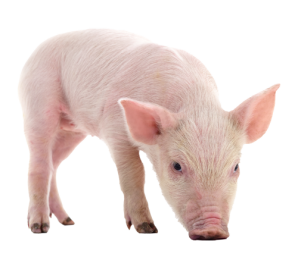

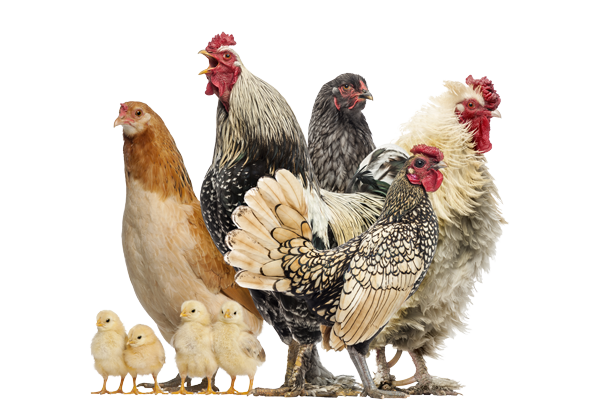



The very first
The first international student that participated in an ATCI course, did so in 1970.
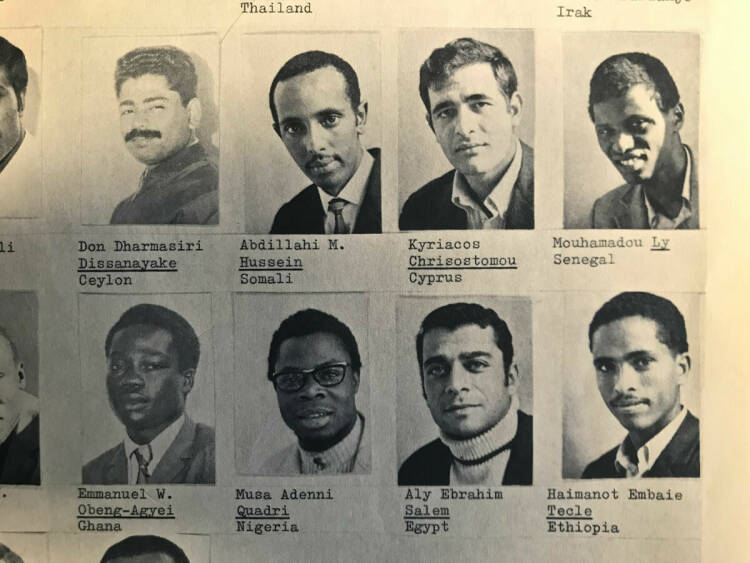
International
ATCI has nearly 4000 alumni. These students come from all over the world to follow courses or programmes at ATCI. Our alumni are from no less than 134 countries (there are 196 countries in the world). So maybe one day in the future, ATCI will have literally welcomed students from all over the world!

Where to stay?
Those who have been at ATCI before have most likely seen the on-campus accommodation, called ‘De Vallei’. Bordering the alpaca paddock our guesthouse offers accommodation for international students. Before this accommodation was built, the international students used to stay at ‘Kasteel De Schaffelaar’, a manor house that was built around 1850. While this looked very chic, our current guesthouse is more practical and offers more space.
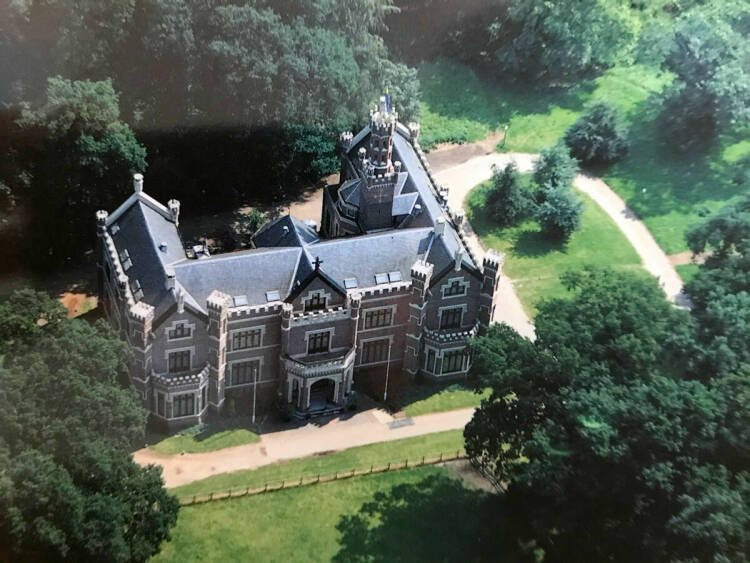
Areas of expertise
Aeres Training Centre International offers high-quality education in specific areas of expertise. These areas are poultry farming, pig farming, cattle farming, feed production and insect breeding. Students from all over the world travel to Barneveld to follow trainings in these areas.
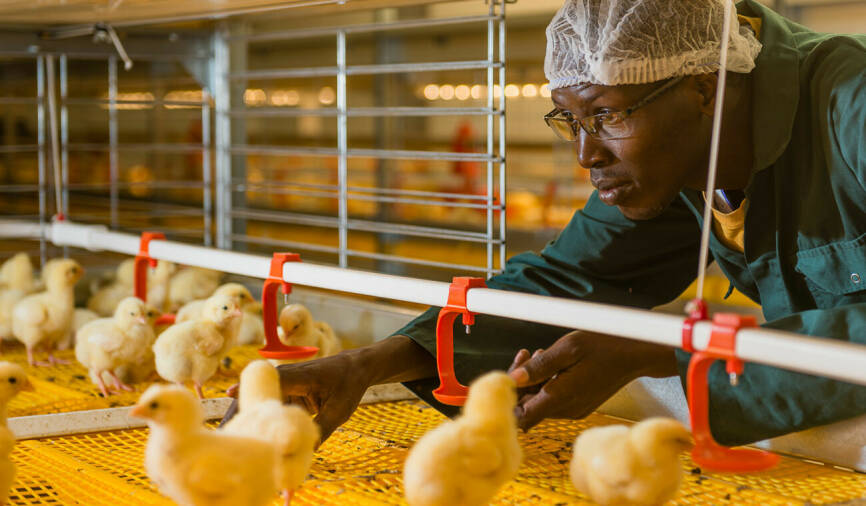
Dedicated trainers
ATCI often gets praised for its dedicated trainers. And it shows! Three of our trainers have been working here for more than 35 years.
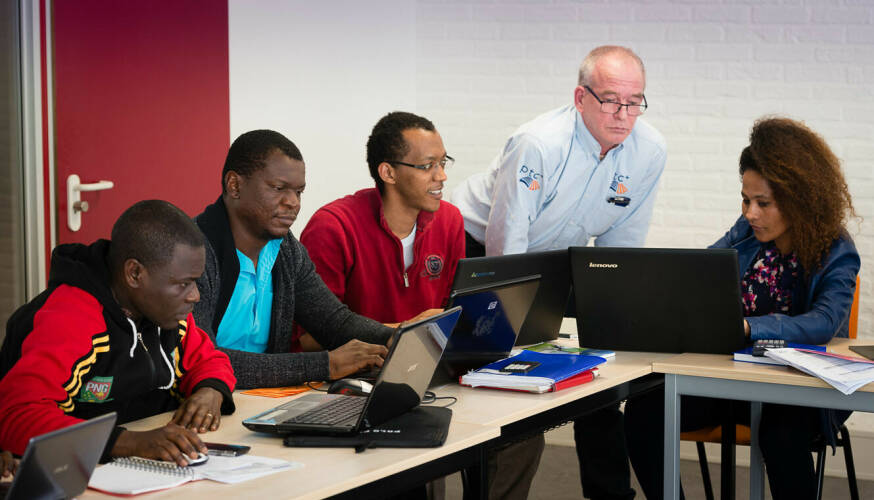
Age is just a number
The age of our students varies between 25 and 60. While you are never too old to learn, being young is a big advantage. The principle of ATCI is based on students going back to their home country and training others. So, the younger they are, the more people they will be able to train.
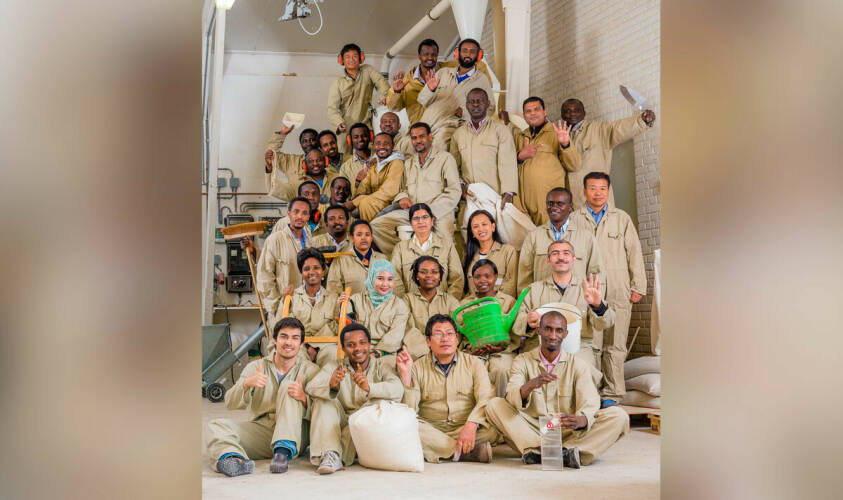

Gender
Following the UN Sustainable Development Goals, ATCI tries to get its practice-based knowledge everywhere, including marginalised groups. These can be unemployed youth, people with disabilities, small farmers, but in some countries it is also women who are in disadvantaged positions.
